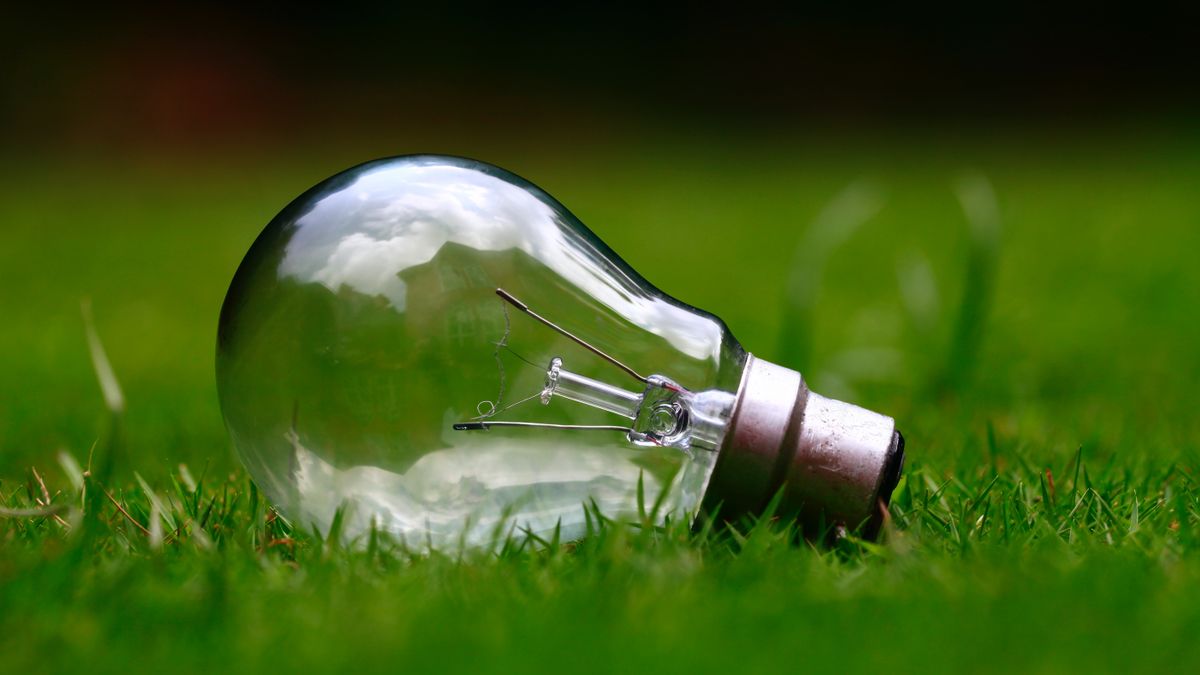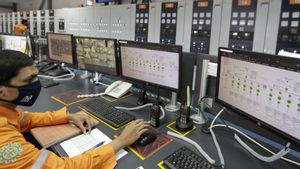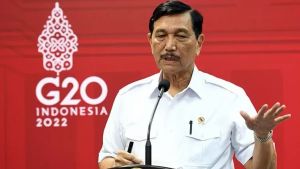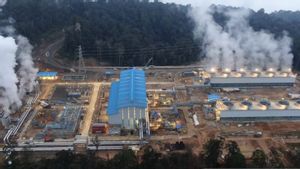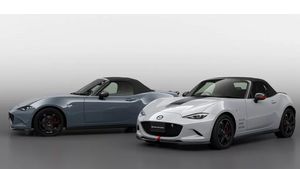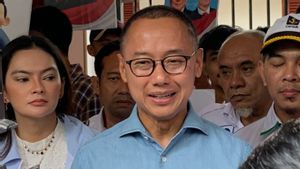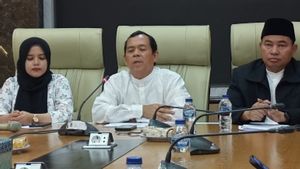JAKARTA - McKinsey conveyed that 7 main drivers are very important to help Indonesia carry out dekarbornization. In addition, it also encourages a green economy to achieve the net zero (zero carbon emissions) target by 2060.
(First) starting with renewable energy. We have a geothermal potential of 26 gigawatts (GW) which is a renewable energy potential (purpose) to bring environmentally friendly energy to the market and accelerate the application of renewable energy in the industry," said McKinsey & Company Rajat Partner Agarwal quoting Antara.
The second driver is to improve nature-based solutions (NBS) to protect forests and ensure forests become carbon emission absorbers. This is done in a way that benefits the Indonesian economy, and is expected to provide benefits to the global economy.
Next, the third driver is to open the carbon market associated with NBS. Investment in NBS is used as part of the market ecosystem.
Indonesia is almost at the peak of the launch of the emission trading scheme in the country. Hopefully in the next few months, carbon exchange in Indonesia can be launched (which) focuses on the carbon compliance market, as well as on the voluntary carbon market. This will be a big step for this country, along with our thoughts on future decarbonization," said Rajat.
The fourth driver is the capture and storage of carbon capture storage (CCS) with a potential of 9 giga tonnes (gt) or the third largest in Asia. This allows hydrogen to be adopted, such as environmentally friendly fuels in the future.
Indonesia is said to have 10 industrial clusters focused on CCS across the country to be a major driver for the CCS economy as a whole. Without CCS, the decarbonization of fossil fuels is considered to be a big challenge.
According to him, Indonesia can be a leader in early adoption of technology that allows rules that provide incentives for investors to invest in the CCS ecosystem.
The fifth driver is sustainable farming considering the use of land use in the country is the largest source of carbon emissions in Indonesia, which is 40 percent, so the problem of land use needs to be addressed.
VOIR éGALEMENT:
As a source of income for most of the population, the agricultural sector needs to be ensured to be carried out in a sustainable manner without increasing costs, thus providing more benefits for farmers. For example, farmers are given incentives to adopt sustainable agriculture. This will make their financial condition better
The sixth driver is a circular economy focused on bio-based industries (bio-based industries).
The government has an aggressive target of ethanol, methanol, biogas, and other fuels that utilize comprehensive natural solutions to create a circular economy, so that no products are wasted. Everything is built into the global economic ecosystem," he said.
Finally, the urge to decarbonize is in the field of electrification.
"We are blessed with nickel, we are blessed with bauxite, we are blessed with rare earth. This is a natural gift that we have, how we take advantage of and extract this resource responsibly, so that Indonesia, Southeast Asia, and more importantly, the global economy, can benefit from the natural resources this country has," said Rajat.
The English, Chinese, Japanese, Arabic, and French versions are automatically generated by the AI. So there may still be inaccuracies in translating, please always see Indonesian as our main language. (system supported by DigitalSiber.id)
